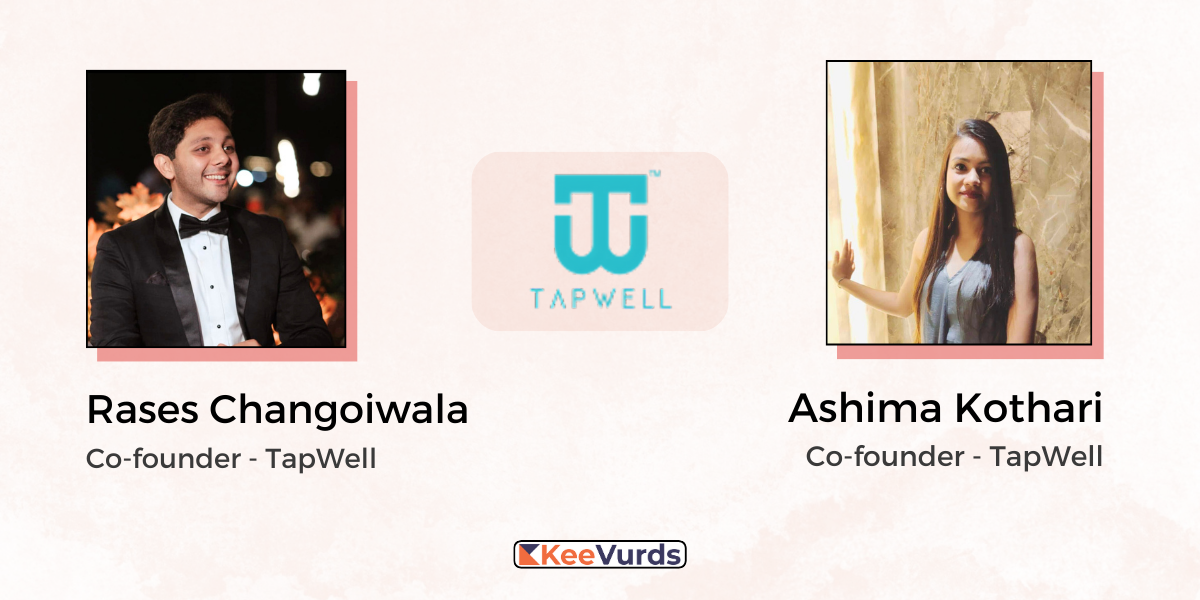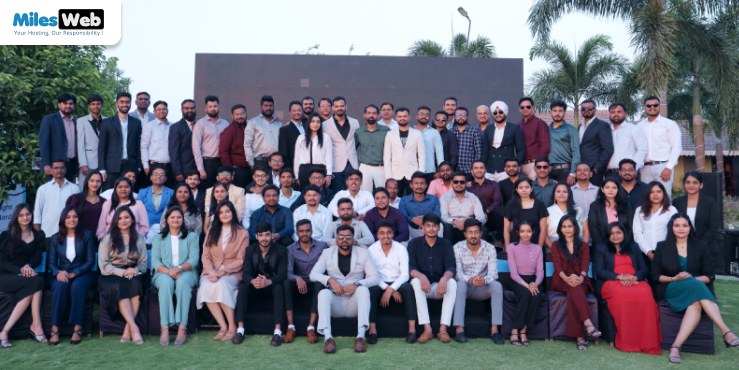We’re all aware of the benefits of a good night’s sleep, but businesses are catching on to the profitability of it.
With the rise of sleep solution providers in India, many of whom are choosing the digital route, the traditional ‘gadde-wala’ is becoming obsolete. The emergence of the online sleep economy, on the other hand, is notable.
Sleep is now a commodity, and there are plenty of ways successful businesses are selling it. In the wake of the sleep industry’s new opportunities, Wakefit has emerged as a leader.
As businesses seek to restore a sense of security in a post-Covid period of uncertainty and adapt to evolving customer expectations. Wakefit is a stunning example of how firms can stay relevant in tough times like this. Let’s find out more about them:
What Is Wakefit All About?
Wakefit is a D2C (Direct To Consumer) sleep and home solutions startup founded in March 2016. Founders Ankit Garg and Chaitanya Ramalingegowda created Wakefit based on research and innovation. Its goal is to transform sleep and household solutions in India.
Traditionally, mattresses are something people want to touch and feel before buying. But during the pandemic, it turned out more and more people were willing to shop online than ever before.
Still, why would someone deny the familiarity and security of buying household items from brick-and-mortar shops to buy the same things online?
Founder Ankit Garg talks about his feeling of being “cheated” when he went to buy a mattress at an offline shop, back in 2016. “The store manager was charging me four times the material cost,” he recalls.
This made him realize how much this industry needed a digital breakthrough. There was untapped scope in it that wasn’t being fully utilized. Rebelling against the initial consensus of this idea becoming a failure, Ankit with Chaitanya, made Wakefit what it is today.
Wakefit produces all of its items in-house at its Bengaluru production facility. In Bengaluru, Jodhpur, and Delhi, it has six backward integrated plants. The firm distributes its items on its website and through eCommerce sites like Amazon and Flipkart.
What Makes Wakefit’s Products Unique?
Ankit states that the human body needs 14 days of consistent sleep on a mattress to determine whether or not it can acclimatize to it. Therefore, going to a store and feeling the mattress for ten minutes is an ineffective way of buying.
Wakefit began educating buyers after gaining this knowledge. It launched a 30-day free trial period. The concept was simple: order the product, use it for 14 days, and then return it if it doesn’t suit you. They resorted to a no-question-asked-100% refund policy strategy, which paid off well! The brand was building trust and reputation, and customers were enticed to switch from offline to online shopping.
After a month or so, Wakefit increased the 30-day offer to 100 days. It was a risky move, and the founders admittedly lost a lot of sleep over it. However, they didn’t lose the money. Busy customers who couldn’t try the mattress continuously for 30 days loved the idea. Naturally, Wakefit became one of the most popular eCommerce platforms for household items.
Improving customer satisfaction is the backbone of this startup. Reportedly, their sales team consists of a few dozen people, whereas their “customer delight team,” a novelty in itself, has 200 people.
Using customer feedback, Wakefit moved to orthopedic memory foam mattresses from regular foam. Another insight concerned mattress air circulation. Many clients experienced sleep difficulties throughout the summer due to the humidity.
The founders returned to their R&D team to see if they might improve the mattress’s breathability, and they did. Another product that came forth as a result of customer input was a ‘mattress protector,’ which would keep the product from being ruined by a child’s bedwetting.
According to the founders, this customer-first dynamic business approach could never be emulated by traditional stores. To top it off, the safety of online shopping has become a big priority in the pandemic. Wakefit doesn’t have to look back now.
Changing The Way India Sleeps
This year, Wakefit received Rs 200 crore in financing from Sequoia Capital in its Series C round. Wakefit intends to invest primarily in three areas: research and development, employing talent, and brand enhancement. The firm will invest heavily in R&D.
In 2019, the firm made Rs 81 crore in sales. In the previous four years, it claims to have serviced more than five lakh consumers. Since its beginning, Wakefit reportedly has grown its income by 3X year over year.
In 2020, the firm expanded its product line to include more household items such as furniture, such as chairs, desks, sofa sets, and dressing tables. Since this new launch, Wakefit reports 10% of its total revenue comes from this new set of products.
In just four years since its establishment, Wakefit has grown into a trustworthy brand.
The firm has grown from selling four mattresses per day in its initial few months to 1,500 per day currently, serving over 8 lakh consumers across 19,000 postcodes in India. Wakefit has recently announced the revenue for FY21 of Rs 416 crore.
What Does The Future Look Like For Wakefit?
Wakefit’s co-founders are now trying to expand into international markets. Chaitanya explains why the goal is achievable. The next wave of great businesses will emerge entirely from the Internet world. It sounds insane, but every disruptive idea always does.
Wakefit is motivated to seize new business prospects in light of the changing market. Business feels that now is the best moment to aggressively target Tier II and III cities and villages. It also intends to extend its services to over 19,000 postcodes.
Change is the only constant, especially in the face of a pandemic. The way consumers live and interact with businesses is changing all the time. Businesses must grasp these shifts fast and provide people with a value proposition that connects with them. Brands that can adapt and stay relevant.
The pandemic has proven that firms that delivered on their promises of ease, safety, and affordability, as well as those that responded rapidly after the lockdown, have survived and flourished. It makes sense, then, that a startup that helps people sleep with ease and affordability, is a no-brainer winner.




